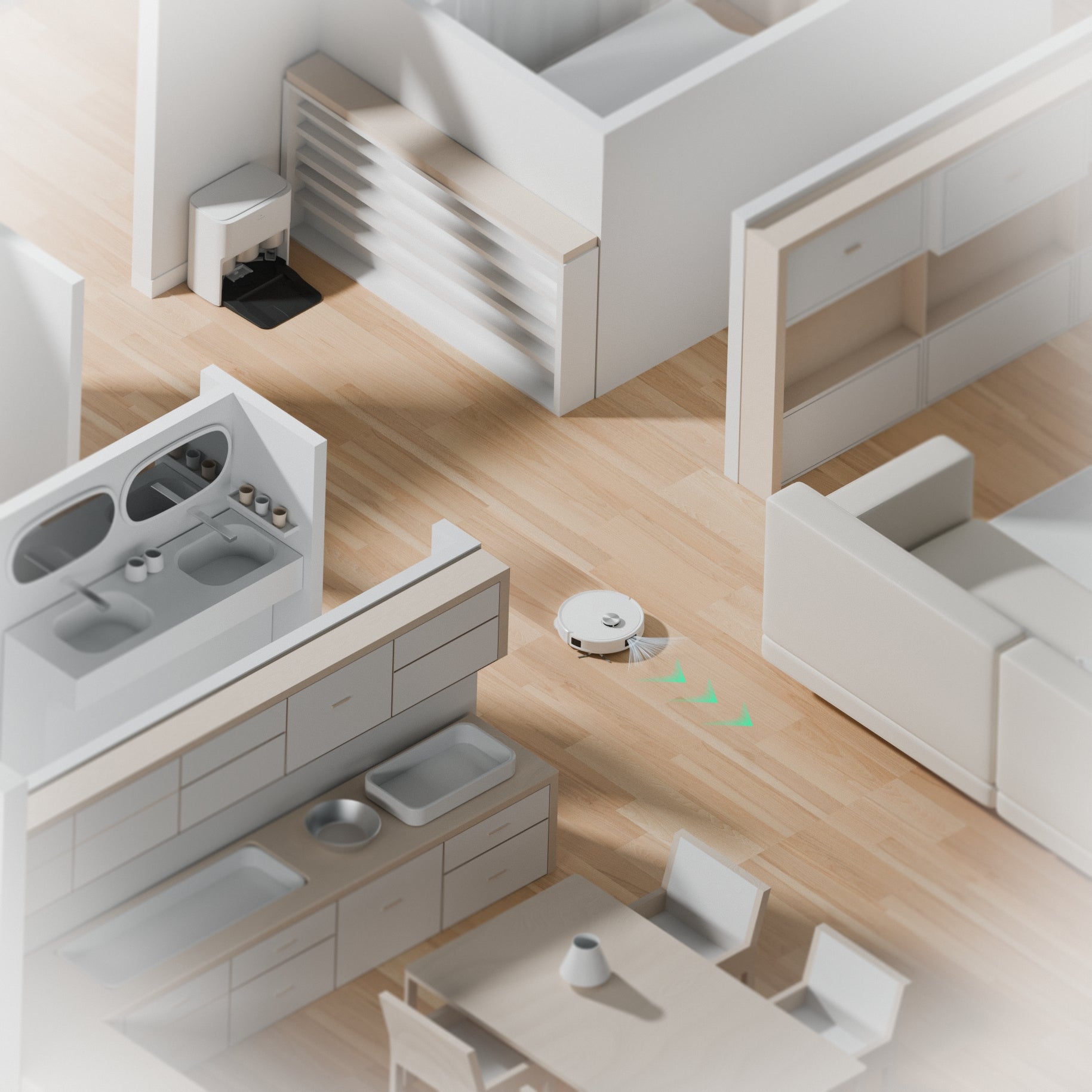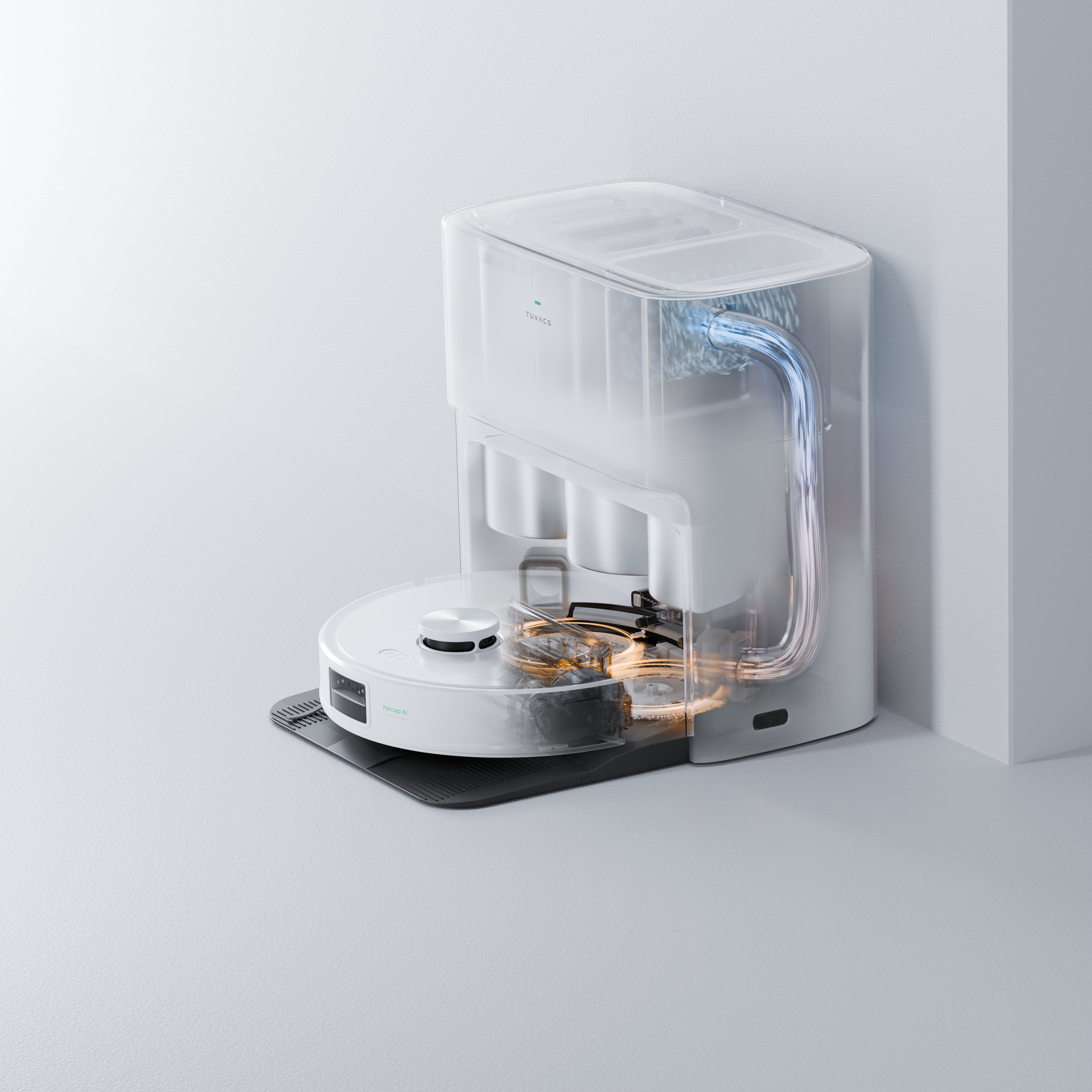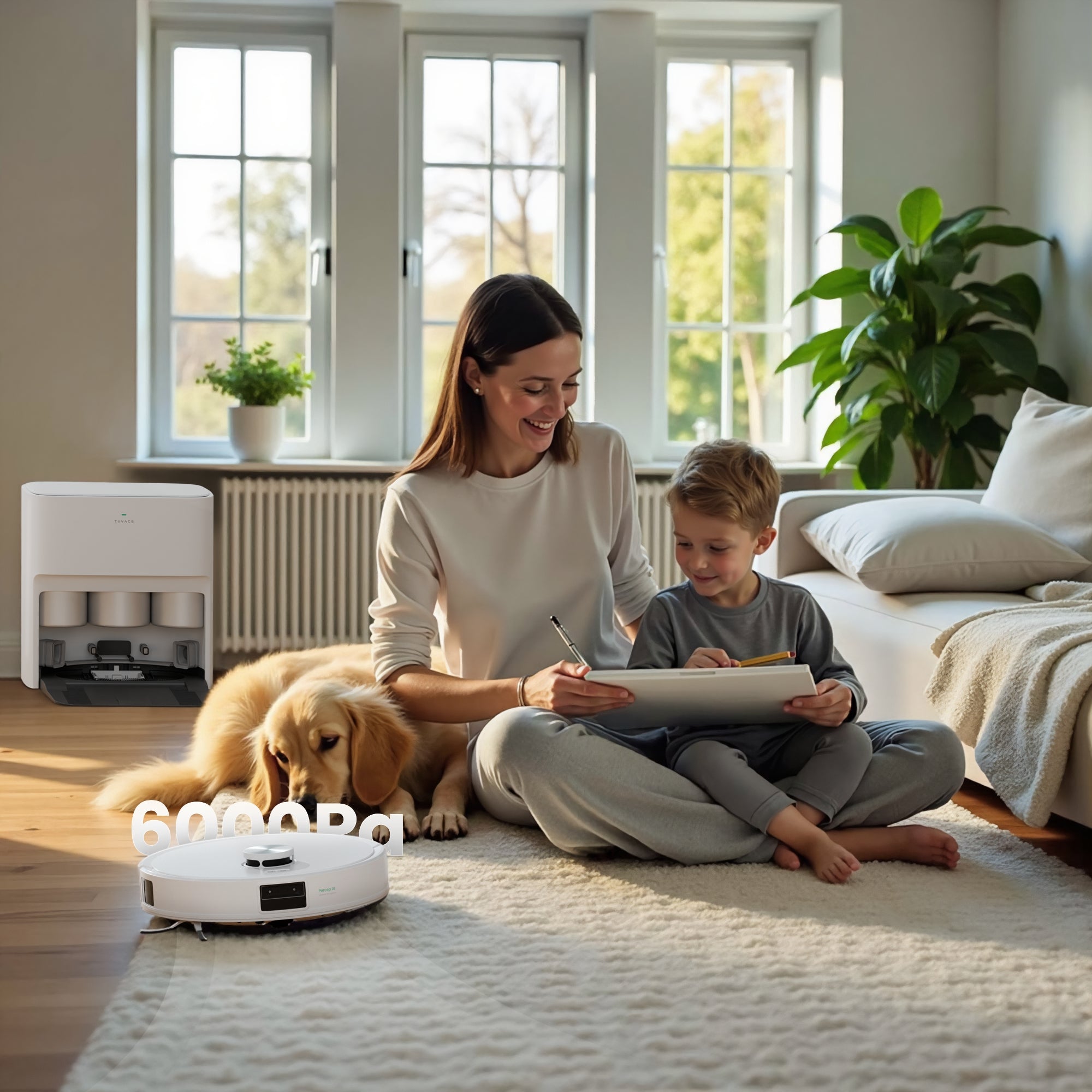
“Technology is best when it brings people together.” This quote resonates deeply as we delve into the fascinating world of vacuum robots on sale, where innovation meets regulation.
Click to find more about vacuum robot on sale.
The Intricacies of Vacuum Robots on Sale and Their Legal Attributes

Vacuum robots have revolutionized home cleaning, but they also come with a unique set of legal attributes. As these devices become more prevalent in households, understanding their compliance with existing laws becomes crucial. From safety standards to consumer protection regulations, vacuum robots must adhere to various legal frameworks that ensure their safe operation. Additionally, intellectual property rights play a significant role in protecting the innovations behind these machines—ensuring that creators can safeguard their designs and technologies from infringement.
Diving Deeper: Mini Robot Vacuums and Intellectual Property Rights
When we consider mini robot vacuums specifically, their design and functionality often lead to intricate discussions surrounding intellectual property rights (IPR). These compact cleaning devices frequently incorporate patented technology for navigation and suction power. Manufacturers invest heavily in research and development to create unique features that distinguish them from competitors; thus, securing patents becomes essential. The IPR landscape not only protects these innovations but also fosters healthy competition within the market by encouraging new entrants who bring fresh ideas while respecting existing patents.
A Closer Look at Tuvacs’ Intellectual Property Rights Features
Tuvacs stands out in the realm of vacuum robots due to its robust approach towards intellectual property rights. The company has developed several proprietary technologies aimed at enhancing efficiency and user experience. By patenting key components such as advanced sensors or smart mapping algorithms, Tuvacs ensures that its innovations remain exclusive while contributing significantly to industry advancements. Furthermore, Tuvacs actively monitors potential infringements through diligent enforcement strategies—demonstrating how serious companies are about protecting their technological assets.
Conclusion
In summary, vacuum robots on sale represent not just cutting-edge technology but also an evolving legal framework shaped by intellectual property rights considerations. Understanding these aspects is vital for consumers looking to purchase such innovative products while appreciating the complexities involved in bringing them safely into our homes.

